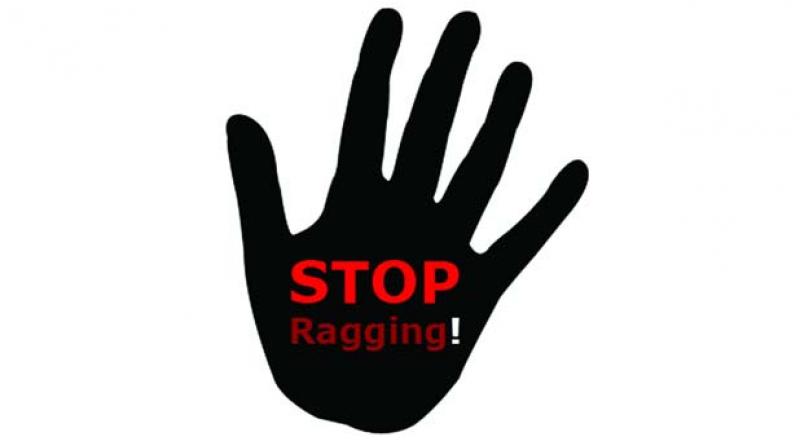UGC gets 32 ragging complaints from Telangana, followed by AP with 98
Tamil Nadu reported the maximum number of ragging incidents at 165 in South India.

Hyderabad: Though there is a 75 per cent increase in ragging incidents annually over the past five years, the University Grants Commission has received only 32 ragging complaints from Telangana state, the least in the south, followed by Andhra Pradesh with 98, according to the Ministry of HRD.
Tamil Nadu reported the maximum number of ragging incidents at 165 in South India, followed by Kerala with 151 and Karnataka, 139. The total number of reported incidents of ragging increased 41 per cent from 640 in 2013 to 901 in 2017, and 75 per cent in one year from 515 in 2016.
The maximum complaints were reported from Uttar Pradesh between 2013 and 2017. As many as 143 complaints were reported in the state in 2017, the most registered by any state over the past five years.
Uttar Pradesh was followed by Madhya Pradesh 357, West Bengal 337, Odisha-207 and Bihar 170.
The UGC brought in regulations to curb the menace of ragging in 2009. These include suspension, debarring, rustication and even expulsion of students found guilty of ragging.
The UGC has made it mandatory for all students/parents to submit anti-ragging related affidavits to the institutions at the time of admission.
Now these affidavits can be downloaded from the website of UGC and or related websites.
Professor Prakash Kona, Proctor, English and Foreign Languages University (EFLU) said, “It is quite evident that our state is the best, with the least ragging incidents. In EFLU, we have never heard of any such incidents and students here follow democratic views. We have not encountered a single ragging case since I started working in EFLU in 2009.”
He believes the law has worked effectively “to some extent across the country” and that “students have become sensitised towards ragging related issues across the country. The students who join our university mandatorily sign and submit anti-ragging related affidavits during the admission process. We just hope that this ragging completely disappears very soon.”
Professor Mohammed Abdul Azeem, Proctor and Nodal Officer for Anti-Ragging Cell from Maulana Azad National Urdu University (MANUU) said that because students come from various states and speak different languages “we conduct orientation programmes in the first two weeks after the admission process. We conduct these orientation programmes in all the departments and make sure that all the students, seniors and juniors, interact with each other.”
He says that during the interaction sessions students becomes closer to one another and develop friendships, which deters ragging.
“I am nodal officer of the anti-ragging cell since three years and I have not witnessed a single ragging case in our university. It is all orientation and involvement and interaction between the seniors and the juniors which helps in reducing incidents like ragging,” Professor Mohammed Abdul Azeem added.

